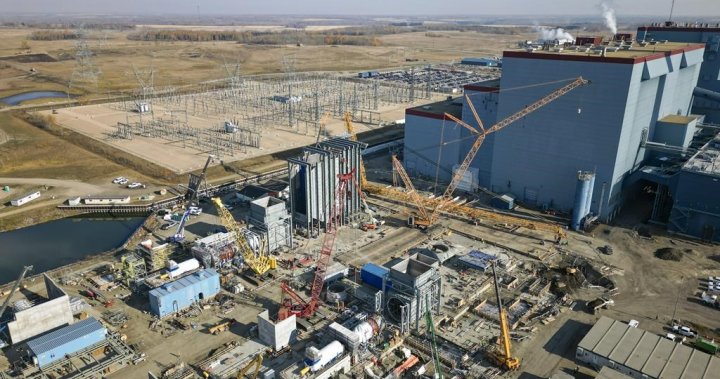
A Decade of Discoveries: Dr. Stuart Orkin’s Quest to Cure Sickle Cell Disease with CRISPR Gene-Editing
Dr. Stuart Orkin embarked on researching how blood cells form 45 years ago, with the aim of developing a groundbreaking treatment for sickle cell disease. At the time, genetic cloning was a new technology that sparked discussions about potentially fixing genetic diseases, although it seemed like a far-off fantasy. Orkin decided to focus on the hemoglobin gene, which is mutated in individuals with sickle cell anemia and beta thalassemia, as understanding these diseases could pave the way for genetic-based therapies in the future.
Fast forward nearly half a century, and Orkin’s research has led to a major breakthrough in sickle cell treatment using CRISPR gene-editing technology. In December 2023, the FDA approved the first gene therapy for sickle cell, which involves reactivating the production of healthy fetal hemoglobin in patients. This innovative procedure can potentially cure individuals of sickle cell disease, alleviating painful episodes and reducing the need for regular blood transfusions.
Despite this milestone achievement, Orkin recognizes that the current gene therapy is expensive, invasive, and inaccessible to many sickle cell patients worldwide. He is now focused on developing a more accessible treatment option by finding a way to trigger fetal hemoglobin production with a pill. Although this goal is ambitious, Orkin remains determined to continue his research and address the challenges that still exist in making this life-changing therapy available to a larger population.
In summary, Dr. Stuart Orkin’s work on how blood cells form has led to a major breakthrough in treating sickle cell disease using CRISPR gene-editing technology. However, he continues to work towards finding an accessible treatment option for those who cannot afford or access current treatments due to their high cost and invasiveness.
!role~Preview!mt~photo!fmt~JPEG%20Baseline)
